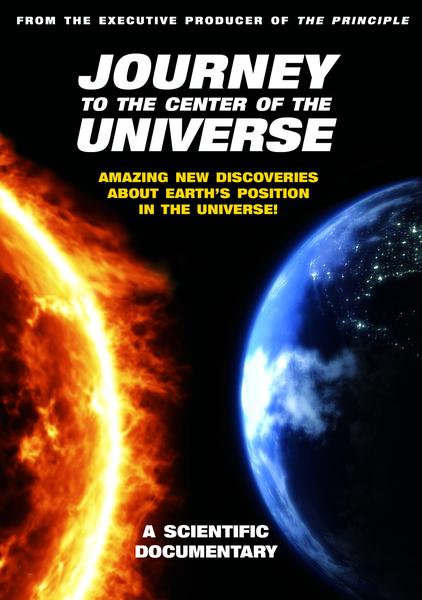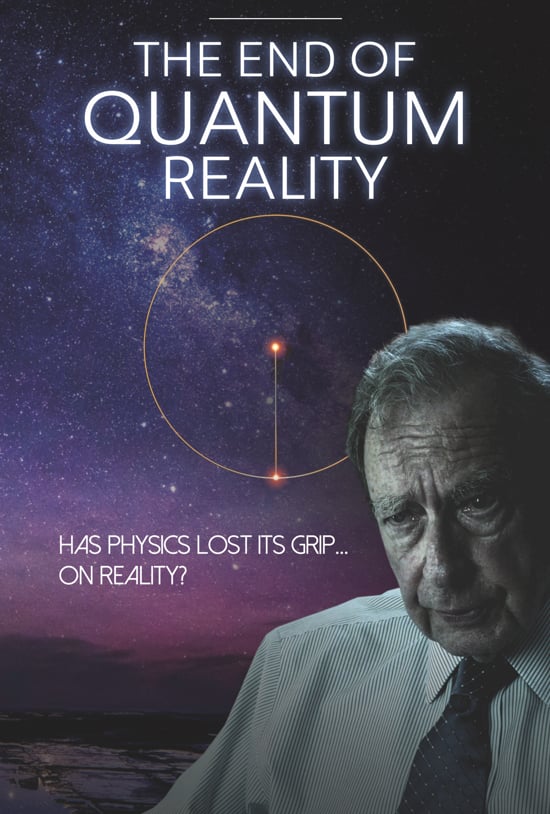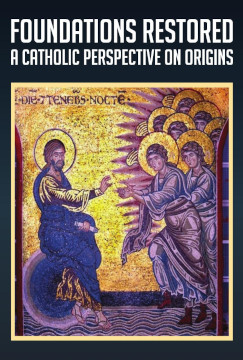- Welcome to St. Isidore forum.
News:
"To publish Catholic journals and place them in the hands of honest men is not enough. It is necessary to spread them as far as possible that they may be read by all, and especially by those whom Christian charity demands we should tear away from the poisonous sources of evil literature." –Pope St. Pius X
Sedeprivationism
Started by Kephapaulos, November 10, 2016, 09:45:52 PM
Previous topic - Next topic0 Members and 2 Guests are viewing this topic.
User actions






